
Kód: 04531146
Minimal Semantics
Autor Emma Borg
Minimal Semantics asks what a theory of literal linguistic meaning is for - if you were to be given a working theory of meaning for a language right now, what would you be able to do with it? Emma Borg sets out to defend a formal ... celý popis
- Jazyk:
 Angličtina
Angličtina - Väzba: Pevná
- Počet strán: 284
Nakladateľ: Oxford University Press, 2004
- Viac informácií o knihe

Mohlo by sa vám tiež páčiť
-

Power Moves
16.44 € -5 % -

Flotsam
7.55 € -25 % -

Jesus Gene
18.08 € -

California: Its Gold and Its Inhabitants. Volume 2 of 2
28.70 € -3 %
Darčekový poukaz: Radosť zaručená
- Darujte poukaz v ľubovoľnej hodnote, a my sa postaráme o zvyšok.
- Poukaz sa vzťahuje na všetky produkty v našej ponuke.
- Elektronický poukaz si vytlačíte z e-mailu a môžete ho ihneď darovať.
- Platnosť poukazu je 12 mesiacov od dátumu vystavenia.
Viac informácií o knihe Minimal Semantics
Nákupom získate 494 bodov
 Anotácia knihy
Anotácia knihy
Minimal Semantics asks what a theory of literal linguistic meaning is for - if you were to be given a working theory of meaning for a language right now, what would you be able to do with it? Emma Borg sets out to defend a formal approach to semantic theorising from a relatively new type of opponent - advocates of what she call 'dual pragmatics'. According to dual pragmatists, rich pragmatic processes play two distinct roles in linguistic comprehension: as well as operating in a post-semantic capacity to determine the implicatures of an utterance, they also operate prior to the determination of truth-conditional content for a sentence. That is to say, they have an integral role to play within what is usually thought of as the semantic realm. Borg believes dual pragmatic accounts constitute the strongest contemporary challenge to standard formal approaches to semantics since they challenge the formal theorist to show not merely that there is some role for formal processes on route to determination of semantic content, but that such processes are sufficient for determining content.Minimal Semantics provides a detailed examination of this school of thought, introducing readers who are unfamiliar with the topic to key ideas like relevance theory and contextualism, and looking in detail at where these accounts diverge from the formal approach. Borg's defence of formal semantics has two main parts: first, she argues that the formal approach is most naturally compatible with an important and well-grounded psychological theory, namely the Fodorian modular picture of the mind. Then she argues that the main arguments adduced by dual pragmatists against formal semantics - concerning apparent contextual intrusions into semantic content - can in fact be countered by a formal theory. The defence holds, however, only if we are sensitive to the proper conditions of success for a semantic theory. Specifically, we should reject a range of onerous constraints on semantic theorizing (e.g., that it answer epistemic or metaphysical questions, or that it explain our communicative skills) and instead adopt a quite minimal picture of semantics.
 Parametre knihy
Parametre knihy
Zaradenie knihy Knihy po anglicky Language linguistics Philosophy of language
199.45 €
- Celý názov: Minimal Semantics
- Autor: Emma Borg
- Jazyk:
 Angličtina
Angličtina - Väzba: Pevná
- Počet strán: 284
- EAN: 9780199270255
- ISBN: 0199270252
- ID: 04531146
- Nakladateľ: Oxford University Press
- Hmotnosť: 604 g
- Rozmery: 242 × 163 × 23 mm
- Dátum vydania: 08. July 2004
Obľúbené z iného súdka
-

Rosicrucian Manual
16.44 € -

Language Instinct
14.40 € -23 % -

Essential Chomsky
21.96 € -23 % -

Practice Makes Perfect English Articles and Determiners Up Close
13.78 € -15 % -

Making the Social World
12.25 € -23 % -
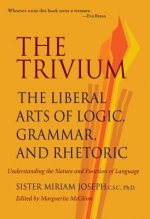
Trivium
21.86 € -

Image Music Text
12.35 € -15 % -

Inquiry into Modes of Existence
36.47 € -4 % -

Constructing the World
83.27 € -5 % -

How Language Works
14.40 € -23 % -

Construction of Social Reality
14.40 € -23 % -

What Kind of Creatures Are We?
14.30 € -12 % -

Philosophy of Language
40.04 € -11 % -

Making It Explicit
54.96 € -4 % -
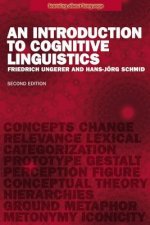
Introduction to Cognitive Linguistics
96.86 € -

Language Hoax
14.40 € -16 % -
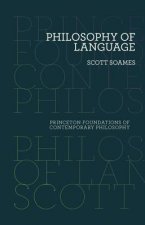
Philosophy of Language
27.99 € -

More than Cool Reason
35.86 € -
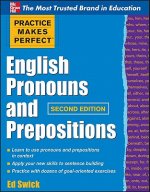
Practice Makes Perfect English Pronouns and Prepositions, Second Edition
15.62 € -14 % -
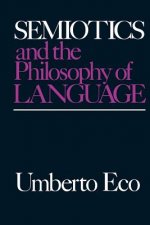
Semiotics and the Philosophy of Language
25.94 € -
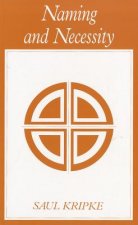
Naming and Necessity
30.03 € -19 % -

Latin
31.77 € -
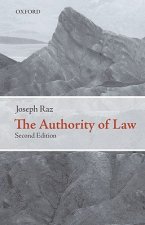
Authority of Law
54.76 € -

Ascent of Babel
104.62 € -

Process Philosophy of Signs
35.96 € -
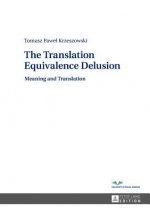
Translation Equivalence Delusion
114.43 € -
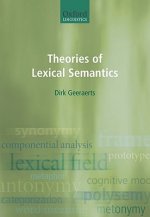
Theories of Lexical Semantics
63.95 € -
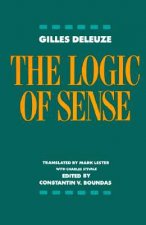
Logic of Sense
27.07 € -3 % -

Philosophy of Language
63.34 € -

Critical Introduction to the Philosophy of Language
67.74 € -

Inferentialism
176.76 € -

From Hand to Mouth
49.75 € -

How to Do Things with Words
63.44 € -
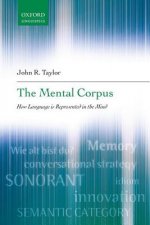
Mental Corpus
61.60 € -

Ontology after Carnap
125.77 € -

Philosophy of Poetry
121.99 € -

Practice Makes Perfect English Verb Tenses Up Close
21.35 € -

Language Animal
40.86 € -

On Nature and Language
62.73 € -
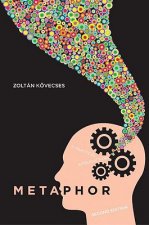
Metaphor
55.88 € -
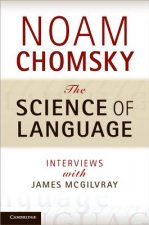
Science of Language
38.31 € -

In Contradiction
94.10 € -

Language, Proof, and Logic
94.61 € -

Existence and Explanation
214.16 € -

Reflective Equilibrium and the Principles of Logical Analysis
255.34 € -
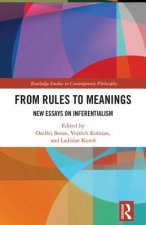
From Rules to Meanings
224.68 € -

Literary Mind
30.85 € -

What Kind of Creatures Are We?
23.49 € -

Language Experience and Early Language Development
228.26 €
Osobný odber Bratislava a 2642 dalších
Copyright ©2008-24 najlacnejsie-knihy.sk Všetky práva vyhradenéSúkromieCookies



 21 miliónov titulov
21 miliónov titulov Vrátenie do mesiaca
Vrátenie do mesiaca 02/210 210 99 (8-15.30h)
02/210 210 99 (8-15.30h)